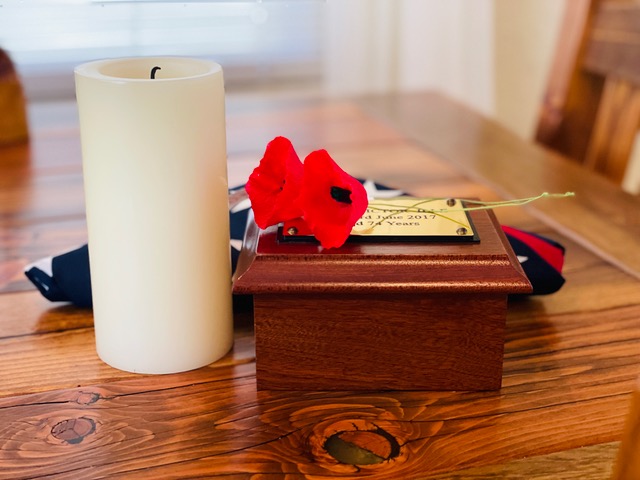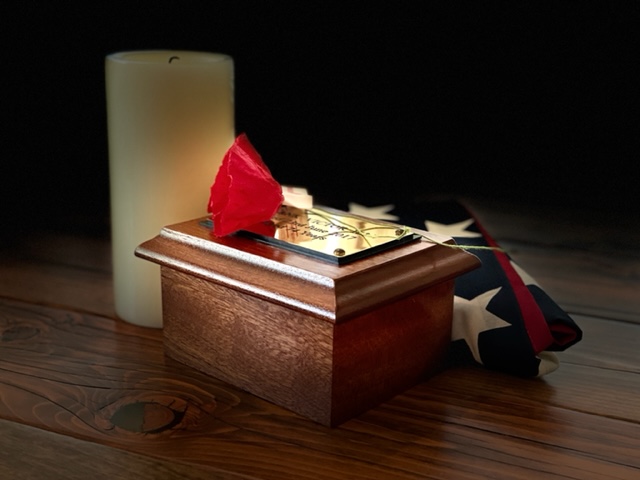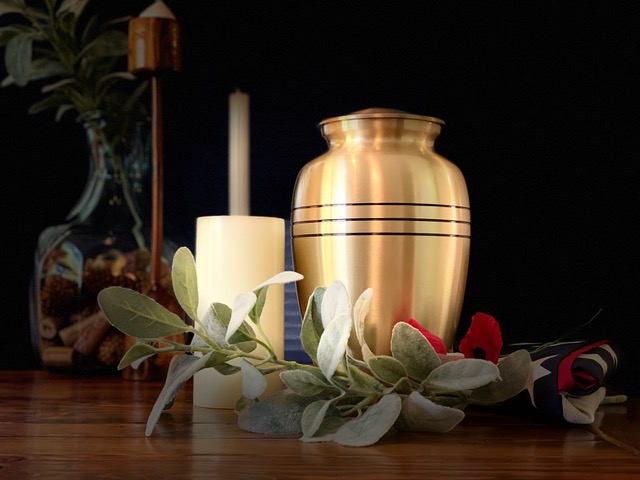The death-care industry is abuzz about direct cremation. More families are seeking out direct cremation services when they want a simple and affordable funeral alternative. But what about the direct burial option? A direct burial is similarly a simple and affordable burial alternative.
A direct cremation service offering is on every funeral home’s General Price List (GPL), but usually towards the end of their listing of services. It is the most minimal cremation offering available and, therefore, also their least expensive funeral service option.
It is possible (in most metro areas) to arrange a direct cremation for around $800. [The price range varies between $695 to $1,395].
However, although some families are searching for affordability and simplicity, cremation is not the choice for everyone. Around 40% of Americans still choose burial services. A funeral home also offers a direct burial service package as standard, which is often located at the bottom of their GPL.
What if you want something simple and inexpensive but still want a burial service?
Then, a direct burial might be the solution.
If you have questions about setting up an affordable funeral plan call (877) 225-0834 to speak with a Funeral Planning Adviser.
What does a direct burial entail?
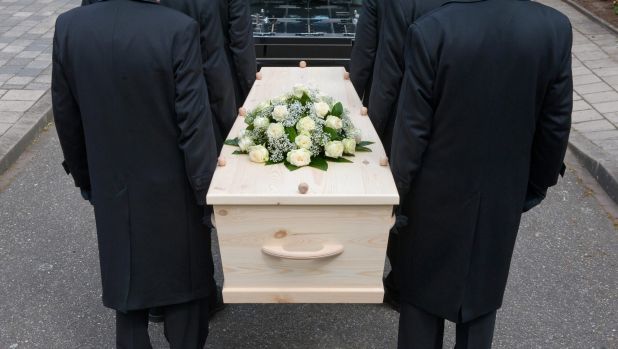
A direct burial is a similar direct disposition to direct cremation. No formal funeral service is conducted at the funeral home, and many of the traditional products and services associated with the cost of a traditional burial are eliminated.
Once the legal paperwork has been completed, the deceased is taken directly to the cemetery for burial in the days following the death. A simple wooden casket is often used to help keep costs down and the whole service simple and affordable.
The deceased does not need to be embalmed, as there is no viewing, visitation, or funeral ceremony.
If so wished, a simple graveside interment service can be held for an additional cost, or a memorial service can be conducted later. But we should be clear that a direct burial service generally differs from a graveside burial service on a GPL.
Many DFS Memorials’ affordable service providers offer a low-cost direct burial service.
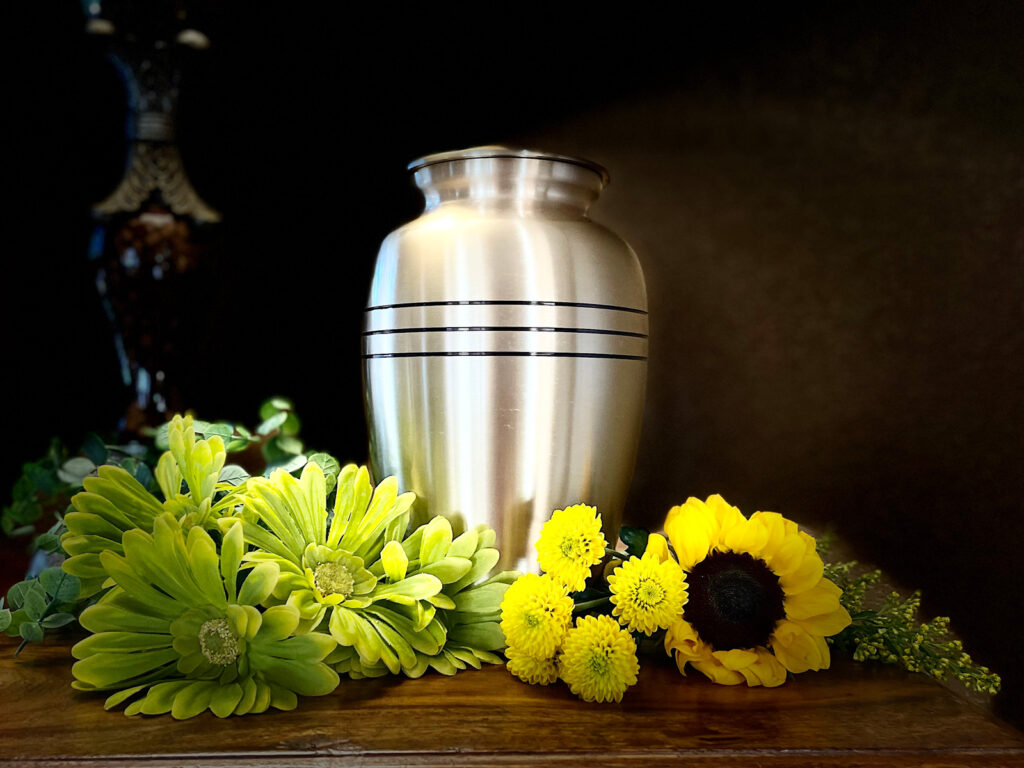
How is a direct burial service different from a green burial service?
In many cases, a direct burial can be the same as a green burial. If there is no embalming and a simple eco-friendly casket, such as wood, reinforced cardboard, or wicker, this is a natural or green burial. It will then depend upon the cemetery whether a green burial plot is chosen.
A green burial can also be considered a direct burial. There is a growing interest in natural burial alternatives. Natural burial can offer a simple and affordable solution to arranging a funeral, especially for those families (or individuals) who do not wish to be cremated.
You can visit this Green Burial Sites directory on US Funerals Online to find a Green Cemetery near you.
In addition, here is a link to Resources and Articles about Arranging a green Funeral or Natural Burial.
Funeral homes are reporting a slow trend towards green burial services, but more are starting to add simple burial packages to their service offerings. For families where a family plot has already been purchased, a direct burial can be an affordable option for conducting a burial without the expensive costs of a funeral service.
How much does a direct burial cost?
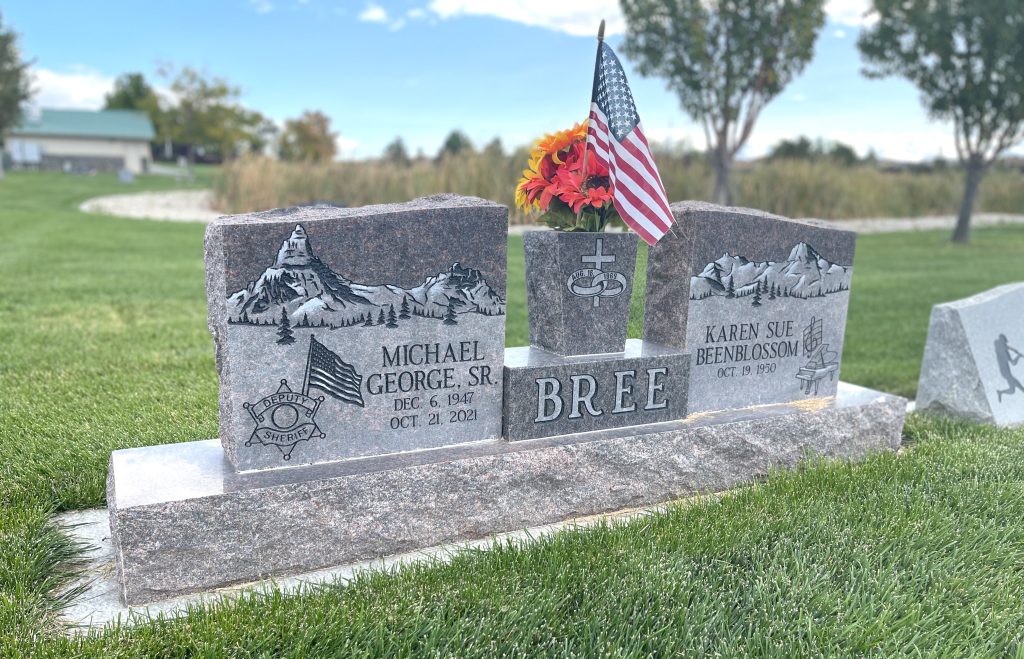
A direct burial is the least expensive option for the funeral director. The cost will vary depending on the funeral home, but it is fair to say that a direct burial can be arranged for between $1,200 and $1,600.
The cost of the casket can affect the final cost of the funeral, which does not include the cemetery fees.
A direct burial can be an inexpensive funeral option and suitable if the deceased already has a cemetery plot purchased or a family plot for burial.
This article explains how families can conduct their own home funeral or DIY funeral without the need to employ a funeral director. However, do note that at least 10 States have funeral licensing laws that require a funeral director to be employed at some level, whether to register the death certificate and obtain the necessary burial permit, transport the deceased, or oversee the interment of the deceased.
Sometimes, families do not want to opt for a direct cremation but have limited financial resources to cover the cost of a funeral. In this case, a simple direct burial can be a more affordable alternative.
